Britain & Ireland
The Tudors continue to fascinate and some of their story is told here along with the other dynasty of the period the Stuarts. Alongside those resources are the podcasts on the ideas that transformed British society during that period and created a United Kingdom for the first time. The industrial revolution is explored through poetry as well as technology. Religious collapse, change and diversity are all themes explored in this section. Read more
Sort by:
Date (Newest first) | Title A-Z
Show:
All |
Articles |
Podcasts |
Multipage Articles
-
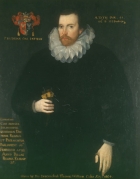
Reinventing the Charter: from Sir Edward Coke to 'freeborn John'
ArticleClick to view -
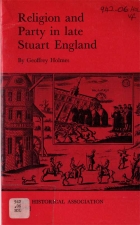
Religion and Party in Late Stuart England
ArticleClick to view -
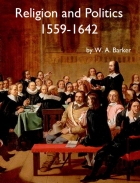
Religion and Politics 1559-1642
ArticleClick to view -

Religion and Science in the Eighteenth Century
ArticleClick to view -
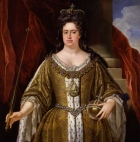
Royal Women: Queen Anne, Elizabeth I and Elizabeth II
Multipage ArticleClick to view -
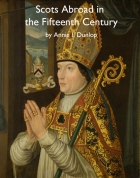
Scots Abroad in the Fifteenth Century
ArticleClick to view -
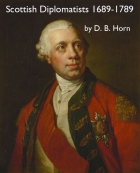
Scottish Diplomatists 1689-1789
ArticleClick to view -

Sir William Petty: Scientist, Economist, Inventor, 1623-1687
ArticleClick to view -
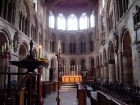
Smithfield's Bartholomew Fair
ArticleClick to view -

The 1620 Mayflower voyage and the English settlement of North America
ArticleClick to view -

The 1650s
ArticleClick to view -
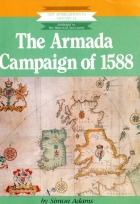
The Armada Campaign of 1588
ArticleClick to view -

The British Empire on trial
ArticleClick to view -

The Casket Letters
ArticleClick to view -
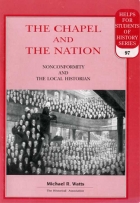
The Chapel and the Nation
ArticleClick to view -
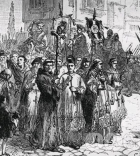
The Council of the North
ArticleClick to view -
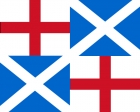
The Creation of the United Kingdom of Great Britain in 1707
ArticleClick to view -
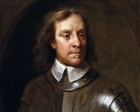
The Cromwell Discussions: podcast series
Multipage ArticleClick to view -
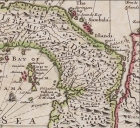
The Darien Scheme - Pamphlet
ArticleClick to view -

The Eighteenth Century in Britain: Long or Short?
ArticleClick to view

